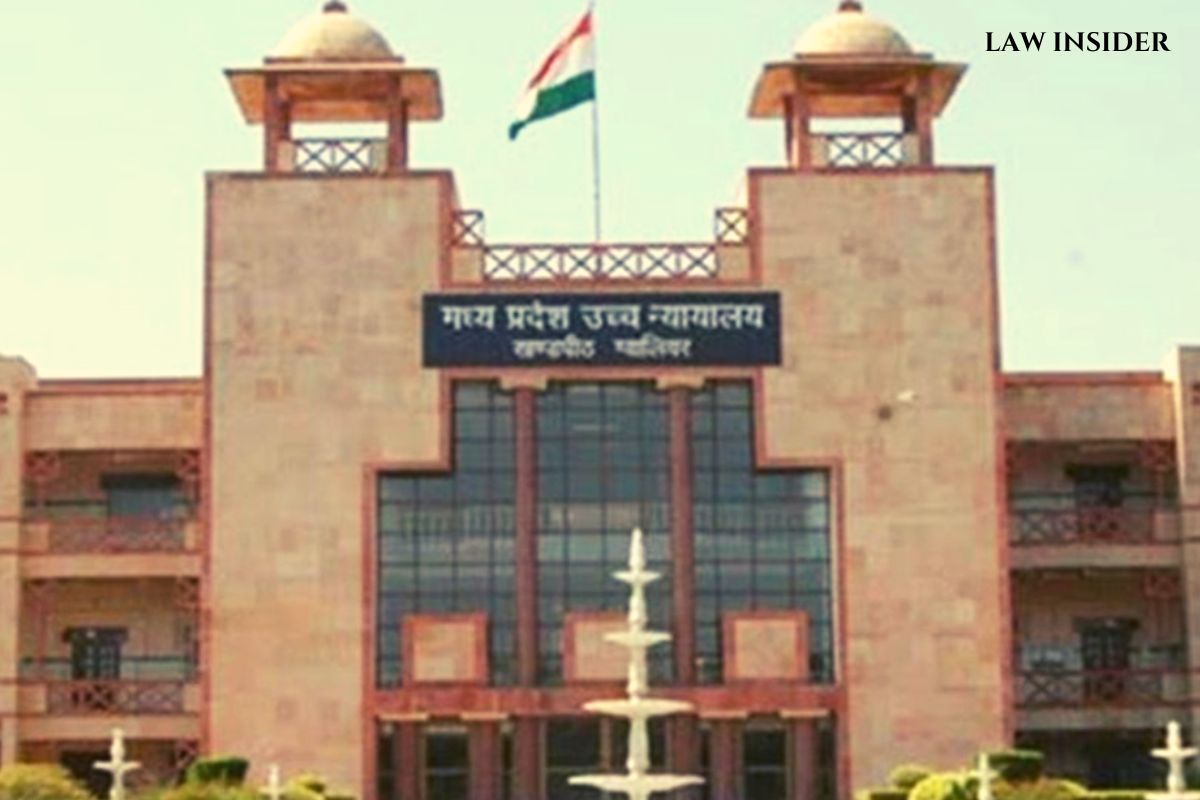LI Network
Published on: 26 September 2023 at 15:50 IST
The Madhya Pradesh High Court, Gwalior Bench, has suggested to the Director General of Police (DGP) and Director of Prosecution the idea of creating WhatsApp groups with a dual purpose: summoning witnesses and safeguarding their well-being.
The court addressed this suggestion while adjudicating two criminal cases, one of which involved a Section 482 CrPC petition filed by the applicant, seeking a directive to the Trial Court for the expeditious conclusion of proceedings related to a case pending before the Special Judge.
Justice Anand Pathak, presiding over a Single Bench, remarked, “… in the considered opinion of this Court, Investigation (Police), Prosecution (District Prosecution Officer), and Adjudication (Trial Court) shall rise to the occasion and shall ensure the presence of private/official witnesses without any delay, and Senior Officers of the department shall cooperate in this regard.
It is earnestly believed by this Court that Director General of Police and Director, Prosecution shall seriously take a workshop and suggestion from police officers and other experts to think of creating the concept of WhatsApp Groups for the twin purpose of summoning the witnesses and protection of witnesses.”
Case Background:
The petitioner was the informant/complainant/victim in a case involving the murder of his son. An FIR was filed on his behalf, leading to the registration of a case under various sections of the Indian Penal Code and the M.P. Dakaiti Aur Vyapharan Prabhavit Kshetra Adhiniyam, 1981 (MPDVPK Act).
The police conducted an investigation, apprehending and arresting the accused persons. After the investigation concluded, a charge-sheet was filed before the Special Court established under the MPDVPK Act. Charges were framed for various offenses.
Out of the five accused persons, three were juveniles, and one was ordered to be tried as an adult. As more than four years had passed and all eyewitnesses had been examined before the Trial Court, only official and formal witnesses remained to be examined. The petitioner filed the petition due to the case’s delay caused by the non-appearance of some witnesses.
Court’s Observations:
The court highlighted that delays in summoning witnesses often harm the prosecution’s case, as witnesses may be threatened, influenced, or lured to turn hostile.
Communication gaps can also arise when witness summonses issued by the Trial Court do not reach the witnesses, a task that may seem less important for the police.
In light of these concerns, the court proposed using WhatsApp groups as a practical solution to ensure timely witness summons and cooperation by officers in their depositions before the Trial Court.
The court emphasized that privacy and dignity must be maintained within these WhatsApp groups, ensuring that they serve as tools for facilitating trials rather than for other purposes. The court stressed that these suggestions were illustrative and not exhaustive.
Additionally, the court encouraged the incorporation of any effective suggestions from police officers that help conclude trials seamlessly while protecting witness privacy and identity.
The court concluded by emphasizing the duty of District Prosecution Officers, the Director of Prosecution, the Superintendent of Police, and the Inspector General to ensure the prompt attendance of official witnesses in trials to expedite proceedings.
Ultimately, the High Court allowed the petitions.
Case Title: Vijendra Singh Sikarwar v. The State of Madhya Pradesh

